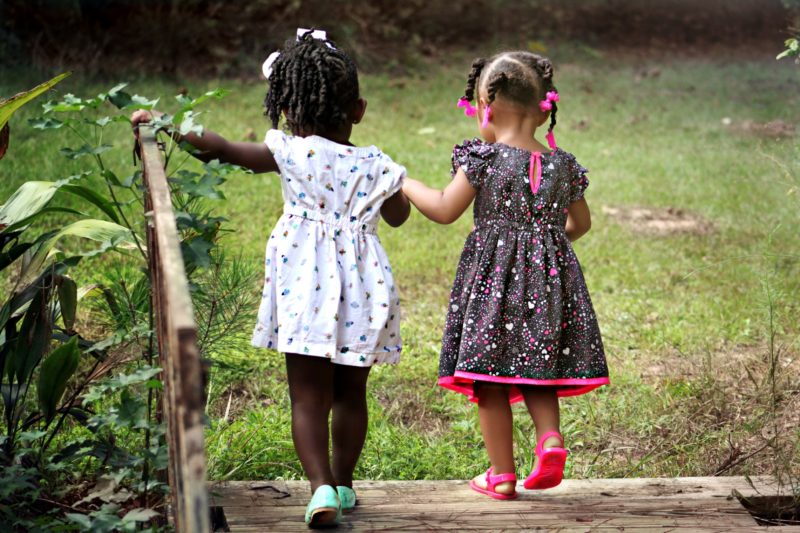Racial disparities can affect brain development in Black children, new study finds
Share
Explore Our Galleries
Breaking News!
Today's news and culture by Black and other reporters in the Black and mainstream media.
Ways to Support ABHM?
By Claretta Bellamy, NBC News

Structural racism creates barriers in housing, employment and economic opportunity for Black people and other people of color. Now, a new study has found it can also have a harmful impact on children’s brain development.
The study, published Wednesday by the American Journal of Psychiatry, found that Black children are disproportionately exposed to adversity in early life, which may contribute to race-related differences in brain structures as compared to white children.
“These findings offer another chilling reminder of the public health impact of structural racism and how crucial it is to address these disparities in a meaningful way,” Nathaniel Harnett, M.D., an assistant professor in psychiatry at Harvard Medical School who led the study, said in a press release.
According to data compiled from 1,786 Black and 7,350 white participants ages 9 to 10, racial disparities were reflected in differing adversity outcomes for each group. Factors including marital hardship, neighborhood disadvantages and trauma history led to greater disadvantages for Black children, particularly affecting the prefrontal cortex, a region of the brain that controls cognitive functions, including problem-solving, impulse control and the ability to regulate thoughts and emotions.
The racial disparities, the study’s authors write, are not random, but the result of structural inequalities, a consequence of factors like slavery and segregation, that “reinforce themselves through societal norms and practices,” the study said.
Discover more about this survey.
300 years of slavery has had a lasting impact.
Don’t forget to check out more breaking Black news.









Comments Are Welcome
Note: We moderate submissions in order to create a space for meaningful dialogue, a space where museum visitors – adults and youth –– can exchange informed, thoughtful, and relevant comments that add value to our exhibits.
Racial slurs, personal attacks, obscenity, profanity, and SHOUTING do not meet the above standard. Such comments are posted in the exhibit Hateful Speech. Commercial promotions, impersonations, and incoherent comments likewise fail to meet our goals, so will not be posted. Submissions longer than 120 words will be shortened.
See our full Comments Policy here.